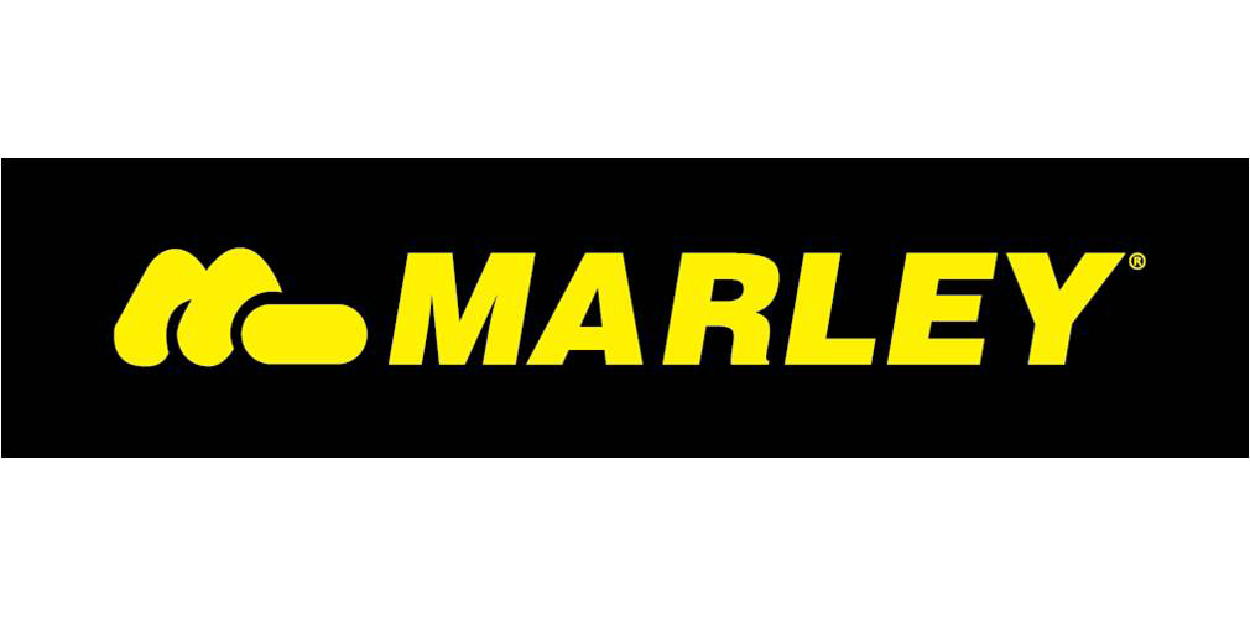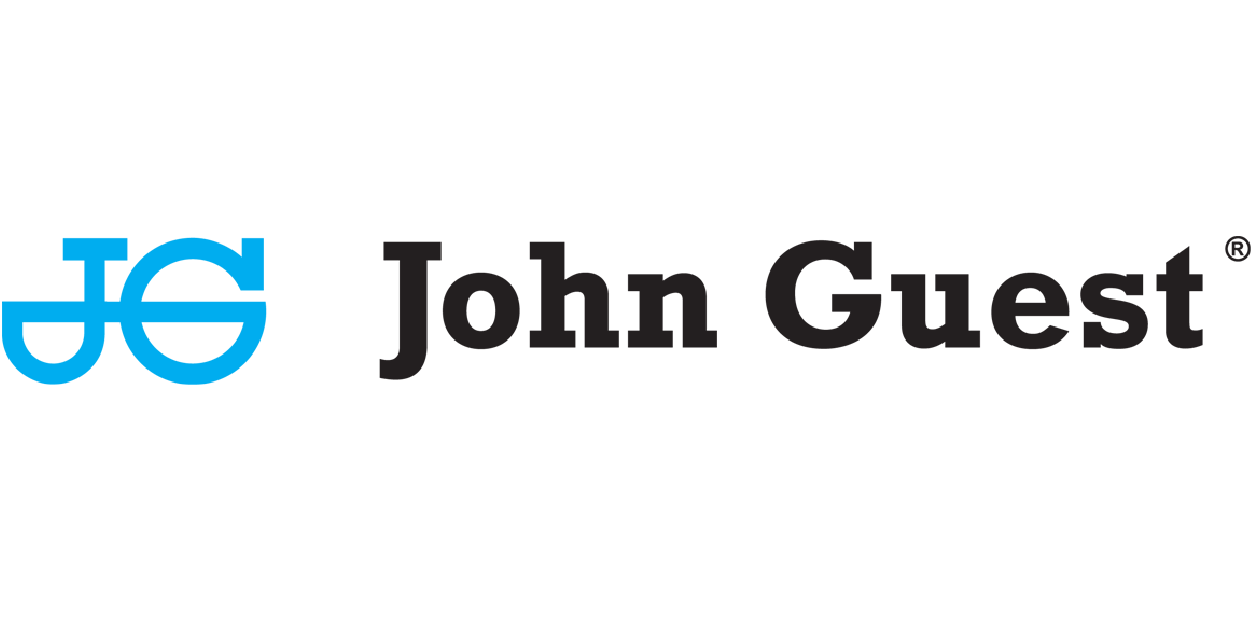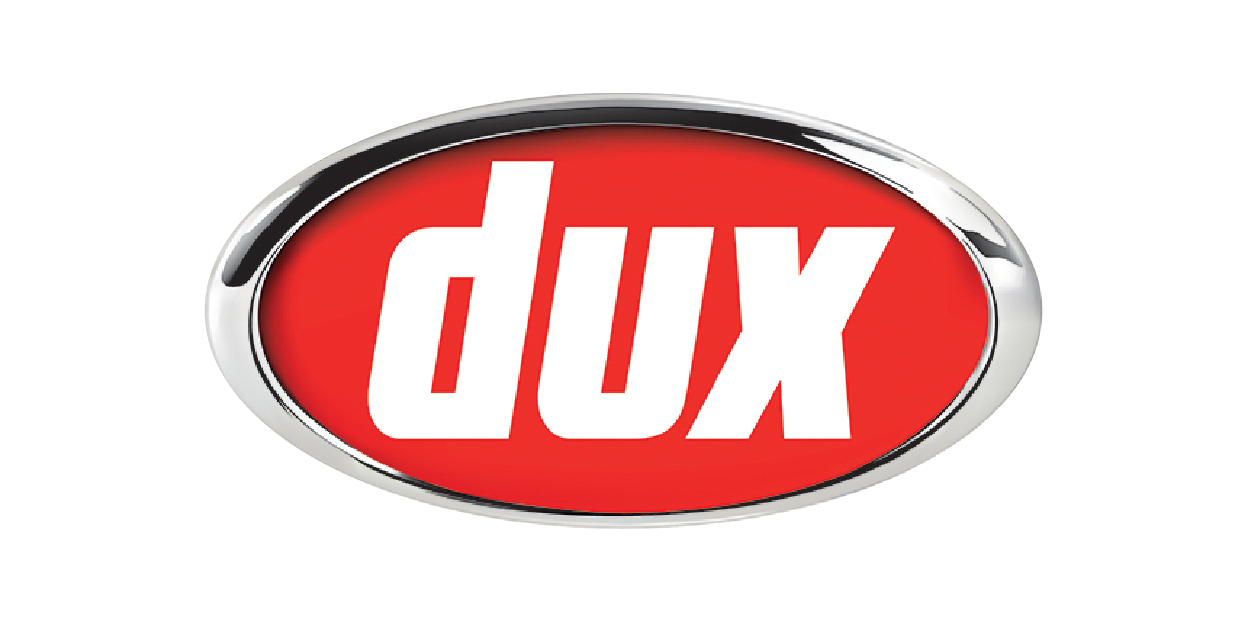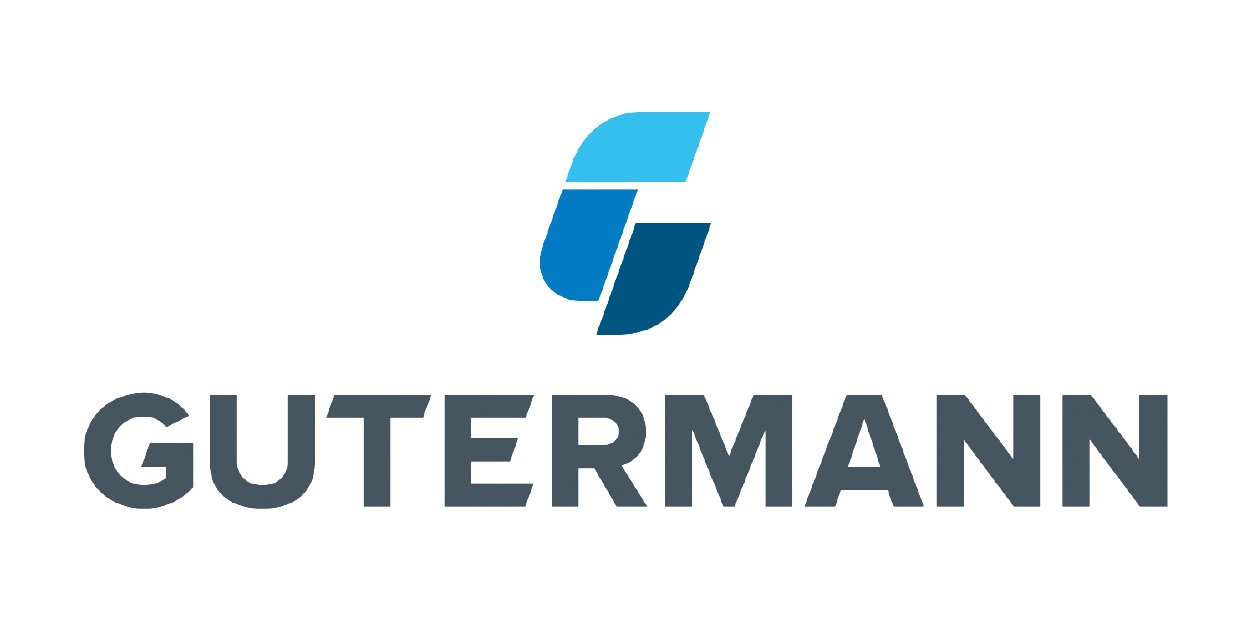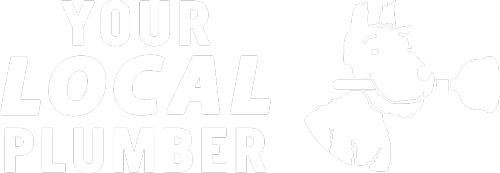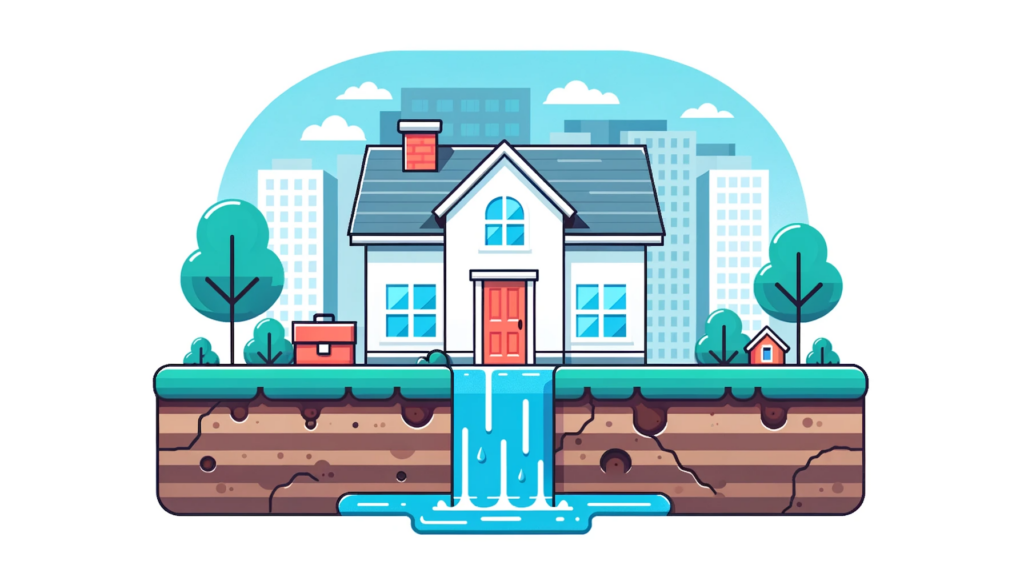
Call Today 09 973 4973 or
Safety and Efficiency Innovations
Modern gas water heaters incorporate several innovations aimed at enhancing safety and improving energy efficiency:
- Enhanced Safety Features: Latest models are equipped with features such as automatic shut-off valves that activate in the event of a leak or fault, significantly reducing the risk of gas-related accidents.
- Energy-Efficient Designs: Technologies like tankless gas water heaters provide hot water on demand, reducing standby energy losses associated with traditional tank systems and lowering overall energy consumption.
- Emissions Reduction: Advances in burner technology have led to the development of low NOx (nitrogen oxide) emissions heaters, which are better for the environment and comply with stricter regulatory standards.
Mitigating Risks through Technology and Maintenance
The deployment of advanced technologies, along with a commitment to regular maintenance, plays a crucial role in mitigating the risks associated with gas water heaters:
- Leak Detection Systems: Innovative gas leak detection systems can now be integrated into gas water heaters, providing real-time alerts to homeowners and service providers in the event of a leak.
- Regular Service Checks: Annual inspections and maintenance by certified professionals can prevent common issues that may lead to gas leaks or inefficient operation. These checks include verifying the integrity of venting systems, testing control mechanisms, and ensuring that the burner is clean and operates efficiently.
- Carbon Monoxide Alarms: Installing carbon monoxide alarms in proximity to gas water heaters can serve as an essential safety measure, offering an early warning of CO presence before it reaches hazardous levels.
By embracing these solutions and practices, users of gas water heaters can enjoy the benefits of instant, efficient hot water with peace of mind regarding their safety and the system’s environmental impact
Collaboration for Safety and Compliance
The successful management of gas water heater safety and efficiency is not just about technology; it involves a collaborative effort between homeowners, service providers, manufacturers, and regulatory bodies. This partnership is crucial for ensuring that the systems not only meet current safety standards but are also positioned to adapt to future advancements and regulations.
- Regulatory Compliance: In New Zealand, gas water heaters must comply with the Gas (Safety and Measurement) Regulations 2010, ensuring they meet minimum safety and performance standards. Homeowners and installers need to be aware of these regulations to ensure compliance in installation and operation.
- Certified Installation: Employing certified professionals for the installation and maintenance of gas water heaters guarantees that the system is set up correctly, significantly reducing the risk of operational failures. Certified installers are knowledgeable about the latest safety standards and technological advancements, providing an additional layer of security.
- Consumer Education: Manufacturers and service providers should prioritise consumer education, offering resources on the safe operation, maintenance requirements, and energy-saving practices related to gas water heaters. This can include user manuals, online tutorials, and safety awareness campaigns.
The Importance of Ongoing Maintenance
Consistent maintenance is paramount to ensuring the longevity and safe operation of gas water heaters. This includes not only the systems themselves but also the infrastructure they depend on, such as gas lines and ventilation systems.
- Scheduled Inspections: Regular, professional inspections can identify potential issues before they escalate into serious problems. This includes checking for wear and tear, ensuring venting systems are clear and operational, and verifying the integrity of the gas supply line.
- User Vigilance: Homeowners should be encouraged to monitor their water heaters for signs of wear or malfunction, such as unusual noises, a decrease in water temperature, or visible damage to the unit. Prompt reporting of these signs to a professional can prevent more significant issues.
- Emergency Preparedness: Understanding how to respond in the event of a gas leak or malfunction is critical. This includes knowing how to turn off the gas supply, ventilate the area, and contact emergency services if necessary. Preparedness plans should be reviewed and practiced regularly to ensure they are effective in a real emergency.
Suppliers
